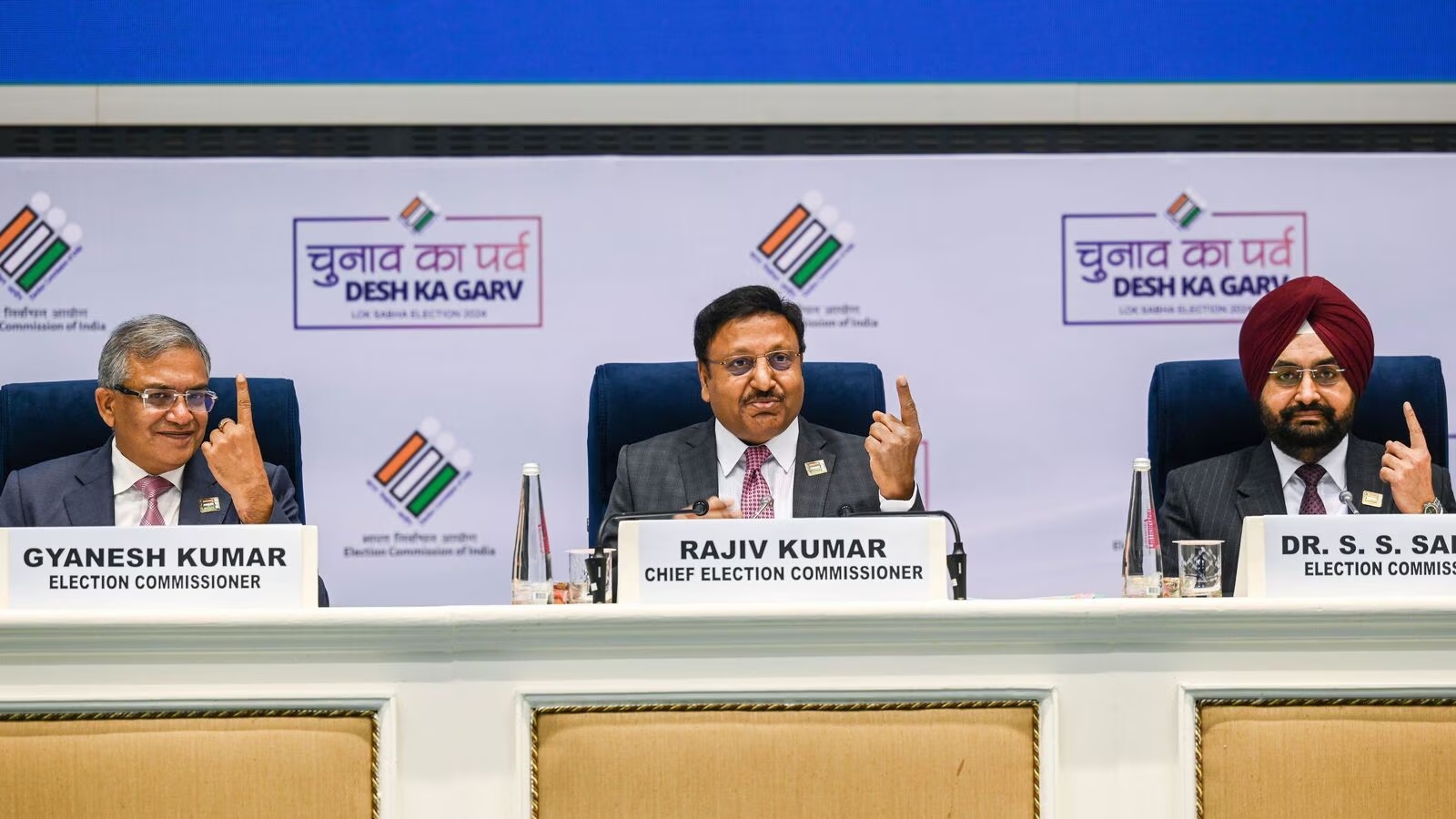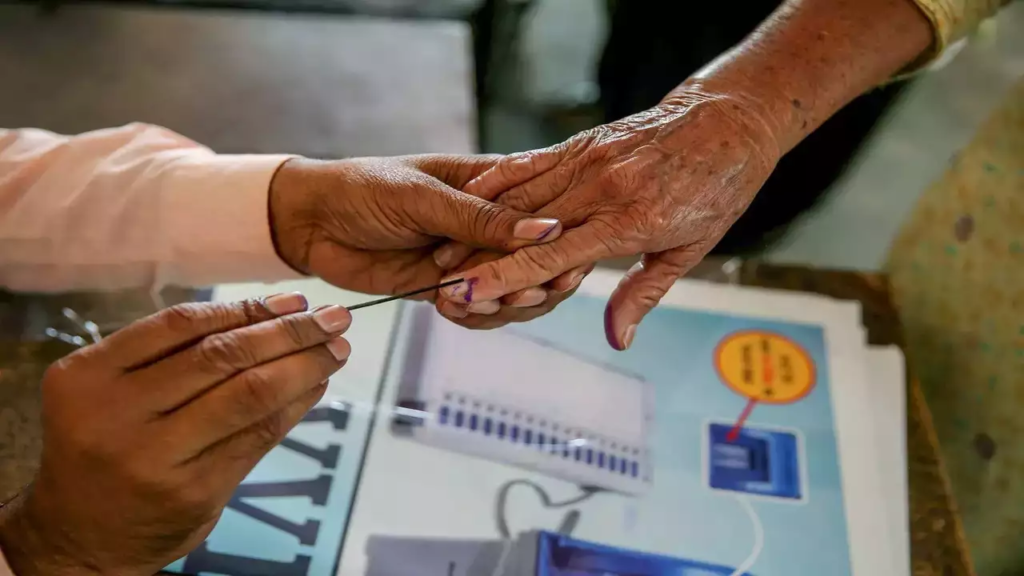In Lok Sabha elections, it’s crucial for voters to make informed decisions, including understanding if their chosen candidate has a criminal record. Here’s a guide on how to find this information:
Election Commission of India (ECI) Website: The ECI is the primary authority overseeing elections in India. Their website provides comprehensive information on candidates, including their criminal records, if any. Visit the ECI website and navigate to the section for Lok Sabha elections. There, you can search for your constituency and access the list of candidates along with their details.
Affidavits: Candidates are required to submit affidavits to the ECI declaring their assets, liabilities, and criminal records, if any. These affidavits are available for public scrutiny. Look for the “Affidavit” section on the ECI website or visit the office of the Returning Officer in your constituency to access these documents.
ADR and National Election Watch: The Association for Democratic Reforms (ADR) and National Election Watch are organizations dedicated to promoting transparency and accountability in Indian politics. They collect and analyze data on candidates, including criminal records. Visit their websites to access reports and information on candidates running in the Lok Sabha elections.
Media Reports and News Outlets: Keep an eye on news reports and coverage related to the elections. Many media outlets conduct investigations into candidates’ backgrounds and publish articles highlighting any criminal records or controversies. Follow reputable news sources for reliable information.

Source: Mint
Local Sources: In addition to online resources, you can also gather information from local sources such as community leaders, activists, or political party representatives. They may have insights or knowledge about candidates’ backgrounds, including any criminal history.
Social Media and Public Discourse: Social media platforms can be a source of information and discussion about election candidates. Join online forums, groups, or follow relevant hashtags to stay updated on discussions about candidates’ records and credentials.
SOURCE:- NEWS18
Legal Databases and Public Records: Some legal databases and public records platforms may provide access to information on criminal records. However, accessing these databases may require registration or payment of fees.
Public Interest Litigation (PIL): In some cases, concerned citizens or organizations file PILs seeking disclosure of criminal records of election candidates. Keep an eye on legal proceedings and outcomes related to such cases.
By utilizing these resources and approaches, voters can gather relevant information about candidates’ criminal records and make informed choices during the Lok Sabha elections. It’s essential to verify information from multiple sources and rely on credible sources to ensure the accuracy of the information obtained. Making informed decisions contributes to the democratic process and strengthens the accountability of elected representatives.
Share your views in the comments

